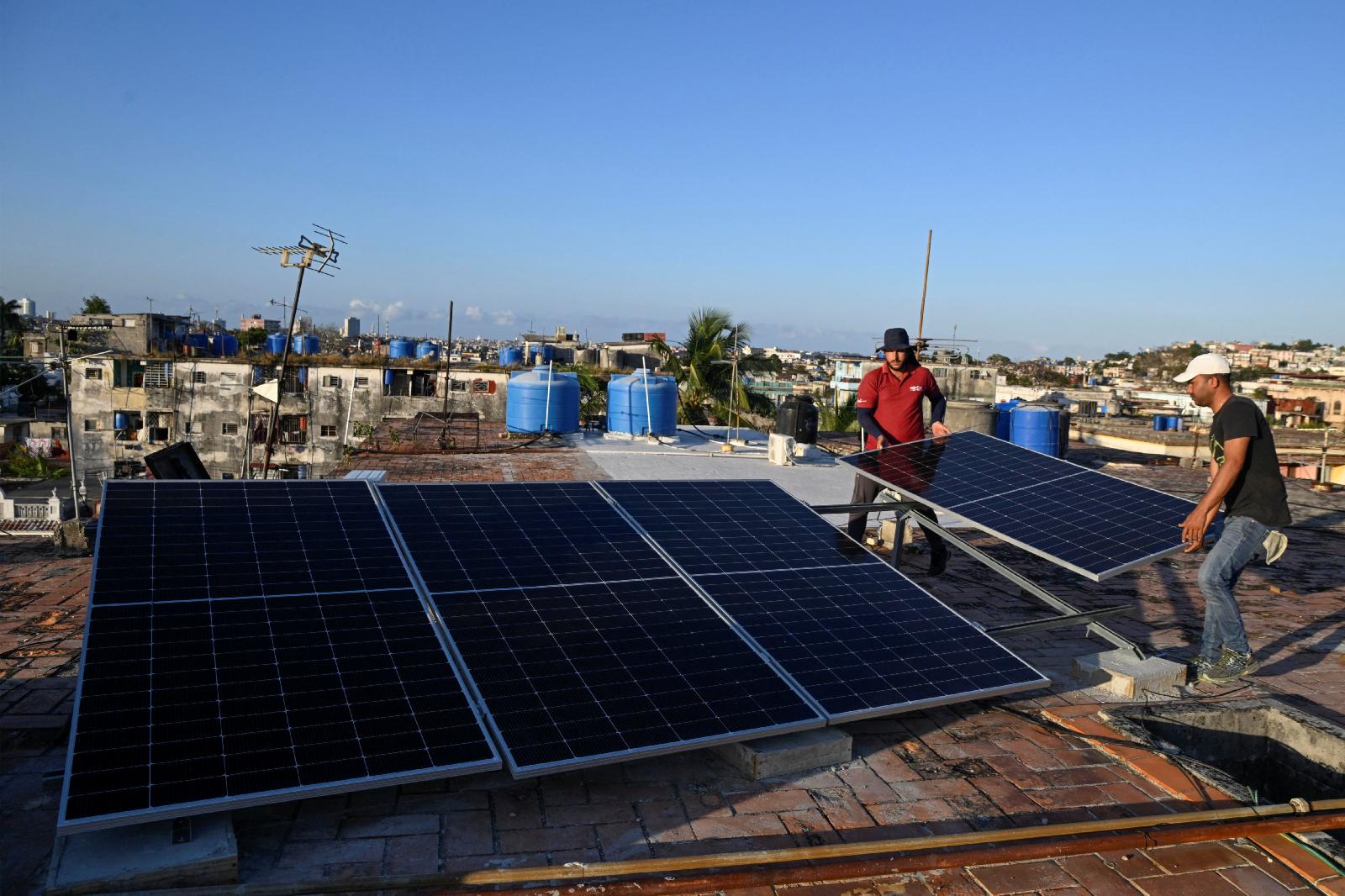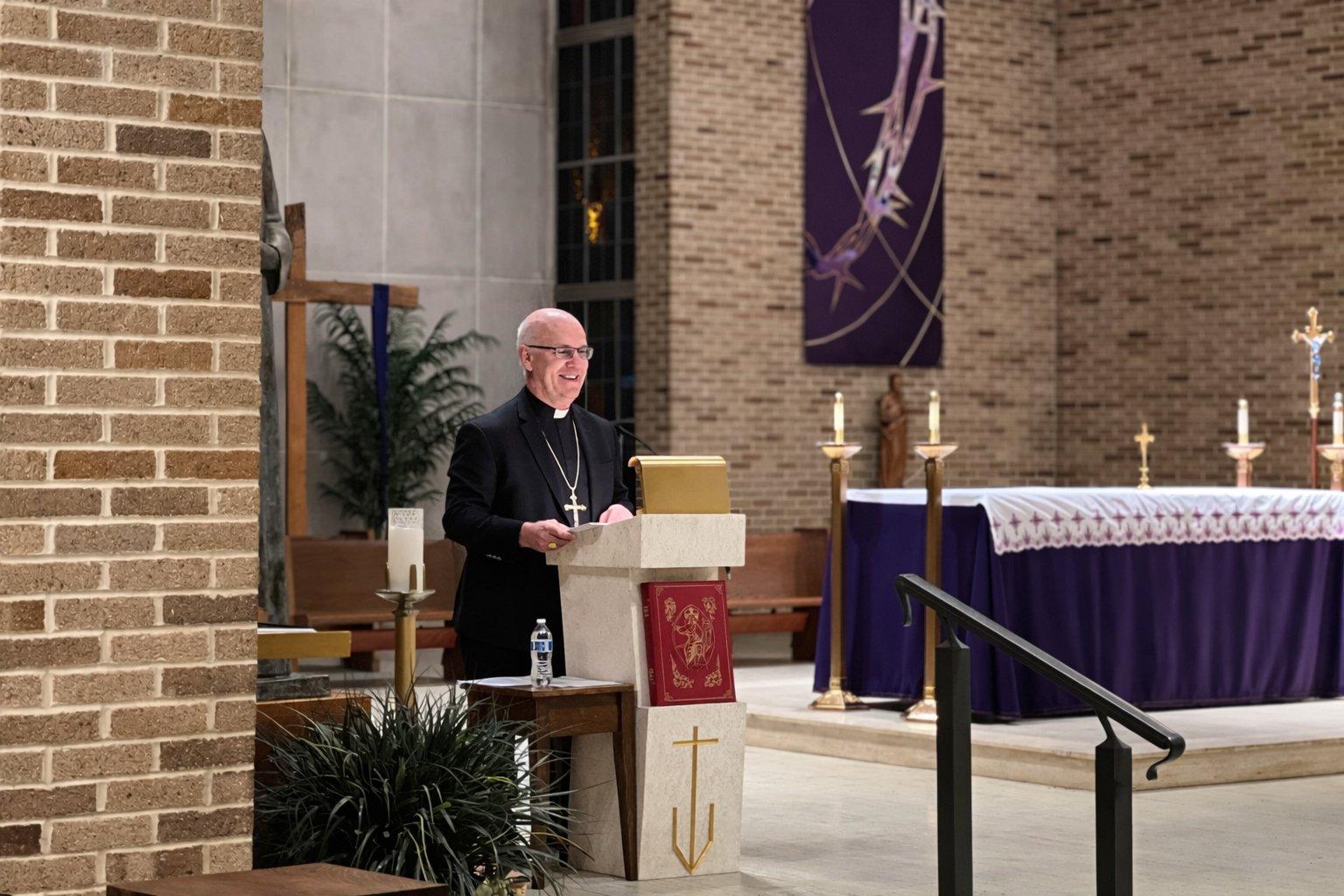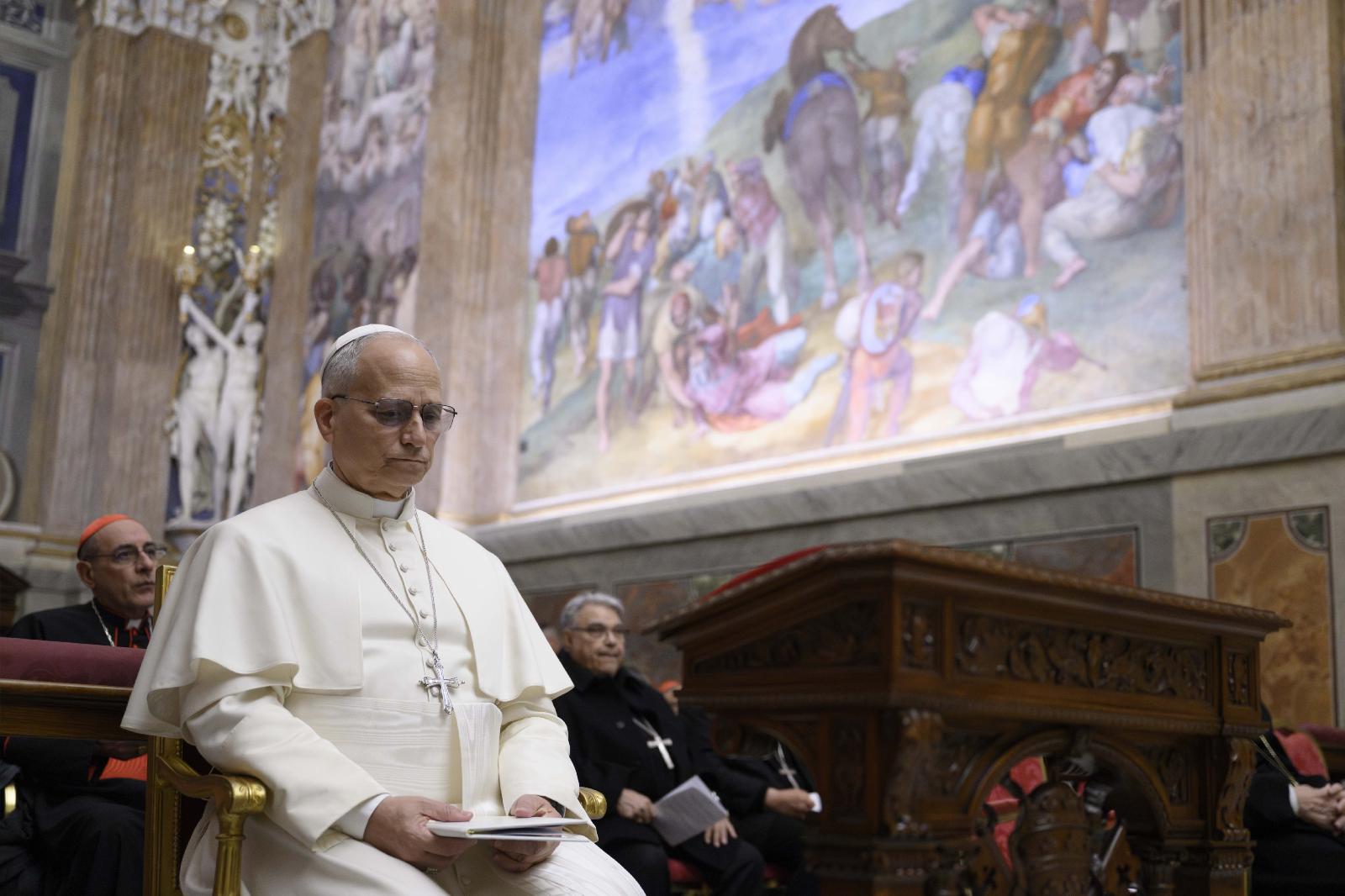‘I could feel the glares’: Influencers are getting killer access to Britain’s government
LONDON — When Britain’s top finance minister held a doomy pre-budget press conference earlier this month, it seemed like a traditional Westminster affair.
But it didn’t take long for the established members of the press corps to spot that two front-row seats had — for the first time — been reserved for online finance influencers hand-picked by the government.
“I could feel the glares hitting the back of my head from people wondering who I am and why I was on the front row,” recalls Cameron Smith — a creator best known as “Cazza Time” to his hundreds of thousands of online followers.
For Smith, this was only his latest involvement in a developing government comms strategy that both influencers and Whitehall insiders say is genuinely innovative for the U.K.
At the same time, the growing operation has traditional journalists grumbling, political comms specialists nodding — and influencers themselves wrestling with how to maintain their prized independence.
“Obviously there is a risk it becomes a bit of a gravy train, and people end up willing to do anything to get a video with the prime minister or whoever it may be,” says fellow climate creator Laura Anderson. “But I hope people’s audiences will hold them accountable.”
‘Not just the Westminster bubble’
Smith — or “Cazza,” as Prime Minister Keir Starmer apparently calls him — first got tapped up under the previous Conservative government, long before he found himself bagging a front-row seat at Reeves’ speech.
An out-of-the-blue email invited him to cover what would be Jeremy Hunt’s last budget before the 2024 general election. It felt, Smith says, as if the flailing Conservative government was “clutching around” to drum up support — but he eventually agreed. His first-ever interaction with a politician was a face-to-face chat with the country’s top finance minister.
The civil-service-led operation behind that early foray has ballooned under Labour. A dedicated New Media Unit has been tasked with tapping into the U.K.’s less politically-engaged audiences. The unit recently embarked on a hiring spree to help it identify and engage with Britain’s biggest online creators.
That has further opened the door for creators like Smith, who focuses on personal finance content for people aged 18 to 35. He’s been able to put his audience’s questions directly to senior establishment figures, and in the last several months alone has enjoyed direct access to Reeves, Starmer and even the governor of the Bank of England, Andrew Bailey.
“What we’ve tried to do is really appeal to audiences in the real world, not just the Westminster bubble,” said one senior Whitehall communications official, granted anonymity like others in this story to discuss the project.
“Through partnering with creators who have a strong audience and strong reputation, you can have conversations about what government is doing while avoiding some of the traps we get into with journalists.”

Talk of “traps” is likely to raise eyebrows among Westminster’s traditional journalists, who fiercely prize their ability to hold the government to account.
Some veterans of the Westminster lobby smiled when Abi Foster, the other online creator invited to grill Reeves, went on Times Radio just after the press conference to bemoan the stage-managed event as “not the stuff of viral clips.” For good measure, she also lamented the chancellor’s “long-winded” answers.
Government figures insist there’s no attempt to control influencers, and appear keen to distance themselves from the U.S. Trump administration’s efforts to bring content creators that are aligned with the president into the fold.
Many of those invited in the U.K. include experts on the various topics: doctors, nurses, teachers, academics and campaigners, they point out. “If you draw the comparison with America, it’s very much those on the political right who sit in those rooms,” the same official quoted above said. “That doesn’t apply here.”
Pushback
Still, the unprecedented access to ministers has left some creators concerned about how to balance close political engagement with the hard-earned trust that keeps their audiences loyal. “It’s something that we don’t take lightly,” says Jack Ferris, content lead for Earthtopia, a channel that has become one of the largest eco-communities on TikTok.
Ferris’ first interaction was as part of a group of climate influencers invited for coffee and pastries with Energy Secretary Ed Miliband and his comms team to discuss how they could work together. “We also got a tour of No. 10, which was very cool,” he recalls. “I told my mum immediately after I got out.”
But while the channel he helps run focuses primarily on good news stories around net zero, Ferris insists it won’t be “cowed” in criticizing the government. “You don’t want to make it look like because we are going to all these nice political events now we’re only going to be talking about what they do in a positive light.”
Laura Anderson, a climate content creator and PhD researcher known to her audience as “Less Waste Laura,” shot to online prominence in part because of a successful campaign to persuade governments to ban disposable vapes. Anderson said she recognizes the risk that influencers could “get dazzled by Downing Street and the canapés and drinks, and forget this is a government that we should be holding to account.”
But she says creators used a recent roundtable inside government to “bluntly” ask whether they were expected to become “mouthpieces” for the administration. The answer? “Absolutely not.”
‘They never ask: Can you do this?’
Ferres, who outside his online creator role works as a comms consultant, insists the relationship doesn’t differ much from a traditional PR approach. Government departments send over press releases and ask if there’s a way they can make an announcement work for creators. “They never ask: Can you do this? It’s more around whether it would be of interest to our audiences — and it’s down to our editorial control to say if it’s interesting,” he says.
Smith, who built his vast audience without that proximity to power, seems wary about how to move forward. While tranches of his audience perceive him as a trusted voice who is now able to grill leaders, others view him as a political novice who is being “manipulated.”
Having gained followers unaided, most creators say they do feel empowered to push back. Smith says he has repeatedly refused to post content when he feels he’s been given a “politician’s answer.”

And the consensus is that cutting off access to a critical voice would lead to an online firestorm that would do real reputational harm to the government. “Ultimately, I don’t need Rachel Reeves in the room with me to explain what the budget is going to mean to people’s finances,” Smith argues. “People listen to me regardless, so I don’t need them — but there’s a way we can work together and that adds credibility to what I’m saying.”
‘Genuinely funny and engaging’
There are few signs yet that the government — which lags right-wing Nigel Farage in the polls and has spent the week locked in internal warfare — is benefiting from its online strategy.
But some individual ministers are throwing themselves into it with gusto — and seem to be avoiding the kind of trend-chasing content that can afflict middle-aged politicos who’ve spent too much time online.
“Ed Miliband, for example, is doing lots of different types of content on Instagram,” Ferres says. “It’s actually genuinely funny and engaging, but managed to loop back into his clean energy vision — it’s really, really clever.”
“I think there’s something about the fact that content creators are very ordinary people who are asking genuine questions,” an NMU insider says. “That helps, and then ministers know when they are speaking to them, they are getting questions that the public really care about.
“It’s different to having to sit opposite [BBC interviewer Laura Kuenssberg] and having to answer all these different questions on different topics.”




















:quality(85):upscale()/2025/08/14/650/n/1922283/470aeb83689df49cdc1bb6.14084110_.jpg)
:quality(85):upscale()/2023/10/03/668/n/1922283/1f15c8a9651c2d209e5eb5.32783075_.jpg)
:quality(85):upscale()/2025/09/09/891/n/1922283/7222624268c08ccba1c9a3.01436482_.png)
:quality(85):upscale()/2023/09/18/918/n/1922398/a1136b676508baddc752f5.20098216_.jpg)
:quality(85):upscale()/2025/10/09/670/n/1922283/00b944c868e7cf4f7b79b3.95741067_.jpg)
















